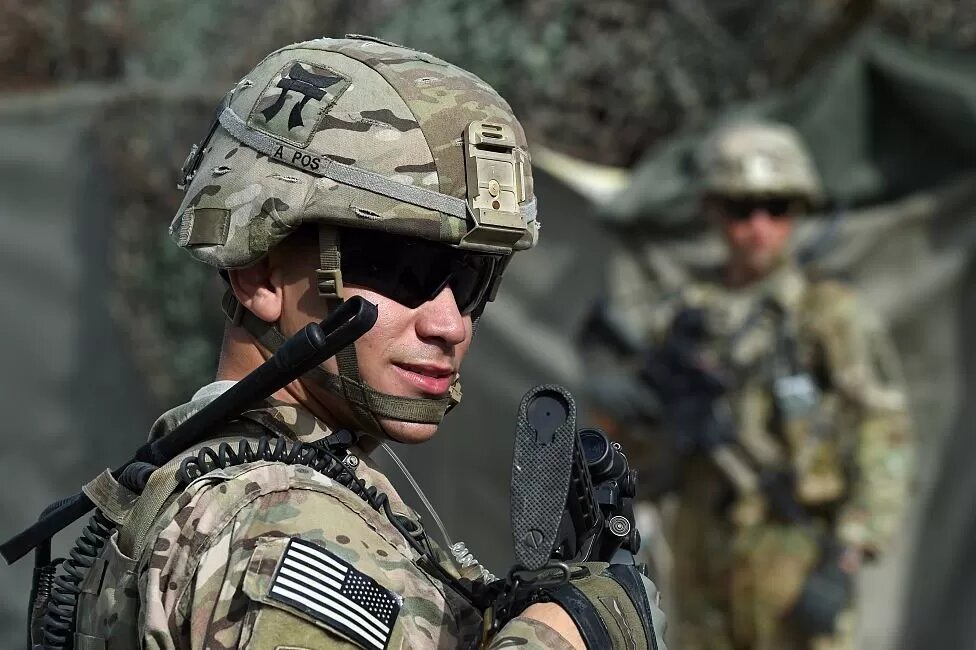The White House released a long-awaited review of the US withdrawal from Afghanistan on Thursday. The review pointed the finger at Donald Trump and a huge intelligence failure, but it defended the way the US handled the difficult operation as a whole.
The secret review was sent to Congress, where the Republican majority in the House of Representatives is looking into what they call President Joe Biden’s failures during the August 2021 withdrawal.
John Kirby, a spokesman for the National Security Council, gave a declassified summary in which he admitted that mistakes had been made during the withdrawal. As a result, the Taliban took control of Afghanistan within weeks, causing the last American troops and their allies to leave quickly.
“It’s not easy to end a war, any war, let alone one that’s been going on for 20 years,” Kirby told reporters. “That doesn’t mean that ending the war in Afghanistan wasn’t worth it.”
Most of the blame for the rout was put on Biden’s boss, Donald Trump, by the White House.
But it also said that US intelligence services didn’t understand how strong the Taliban were and how weak the Afghan government forces were, even though the West had been helping them for years.
Kirby said, “It’s clear we didn’t do a good job with intelligence.”
In the end, nothing “would have changed the trajectory” of the exit, and “President Biden refused to send another generation of Americans to fight a war that should have been over for the U.S. long ago,” the report summary said.
The withdrawal, which ended on August 30, 2021, shocked Americans and US allies because, within weeks, the Taliban wiped out Afghan troops trained by the West.
On August 26, a suicide bomber killed 13 American soldiers and 170 Afghans near Kabul’s international airport, where an unusual military airlift operation got more than 120,000 people out of the country in just a few days.
Before US troops could secure the whole airport, the world saw sad scenes of panicked Afghan people rushing at planes and even falling to their deaths as they tried to get on.
In short, the White House put a lot of blame on a deal made between the Trump administration and the Taliban in February 2020, saying that it put the Biden administration in an impossible situation.
“When the Trump government left office, they gave the Biden administration a date for withdrawal but no plan for how to carry it out. “Important systems, offices, and agency functions that would be needed for a safe and orderly departure were in bad shape after four years of neglect and, in some cases, deliberate damage,” the document said.
It also said that in his last 11 months in office, Trump slowly cut the number of US troops in Afghanistan until there were only 2,500 people there when Biden took office in January 2021.
“As a result, the Taliban were in the best military position they had been in since 2001,” when the U.S. invaded Afghanistan on a mission that was supposed to focus on the people who planned the attacks on New York and Washington on September 11, 2001.
In a post on his Truth Social app on Thursday, Trump called the people in charge of the White House “morons” and blamed them for a “grossly incompetent SURRENDER in Afghanistan.”
“No one but Biden is to blame!” he wrote.
Kirby admitted that there were a lot of information failures. He said that the US government didn’t know “how fast the Taliban were moving across the country” or “how much they were making deals in the backcountry that kind of fell like dominoes.”
He said, “We didn’t expect the Afghan national security forces to fall apart so quickly.” “I don’t think we fully understood how bad the corruption was in the military officer ranks.”
Kirby said, “Intelligence is hard work, and they get it right a lot of the time.”
The White House study said that the war’s long-term failures, such as the Taliban’s surprising ability to keep fighting and the weakness of government forces, meant that the end could never be good.
“After more than 20 years, more than $2 trillion, and building up an Afghan army of 300,000 soldiers, the speed and ease with which the Taliban took control of Afghanistan suggests that there was no scenario — other than a permanent and significantly expanded US military presence — that would have changed the course,” it said.
